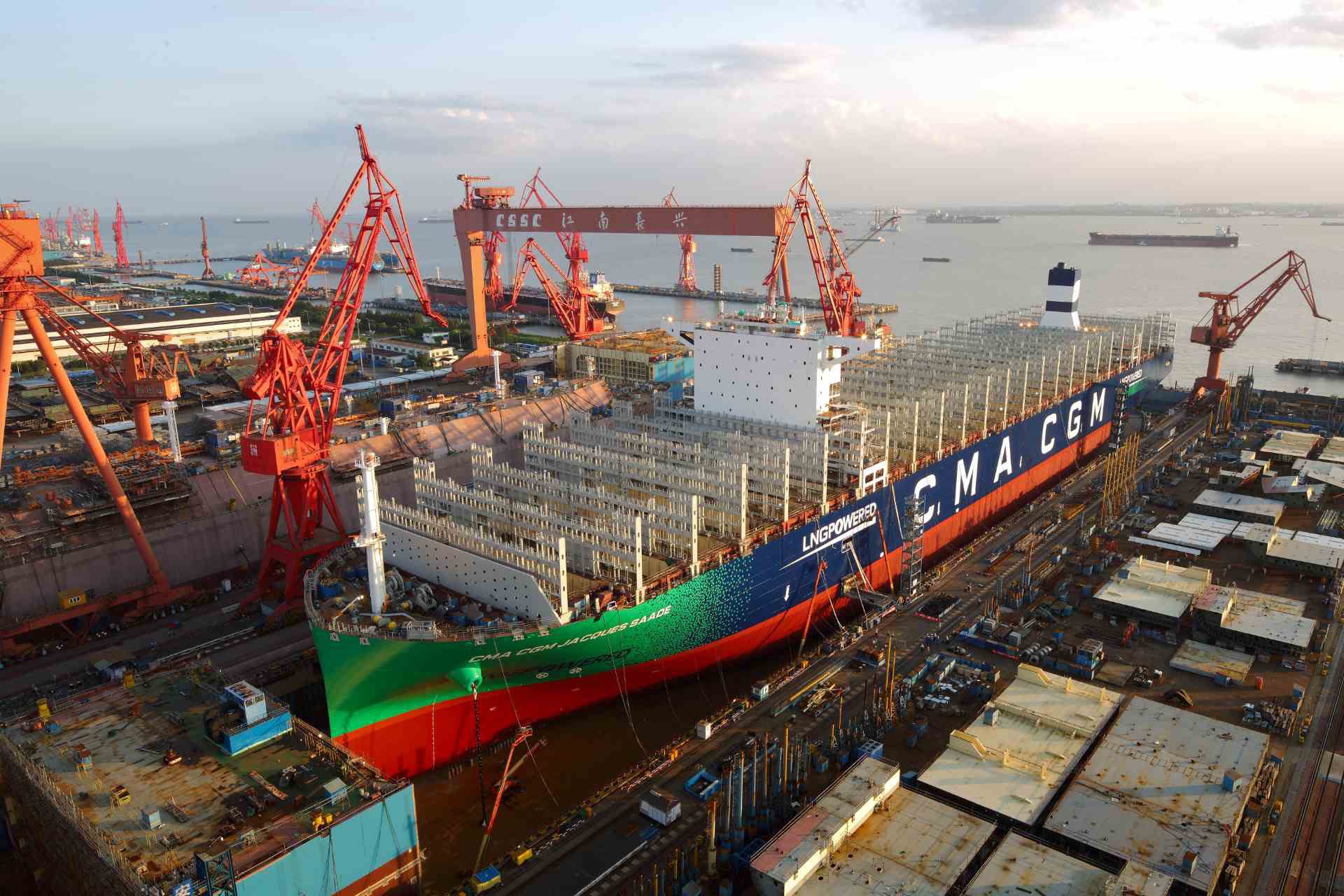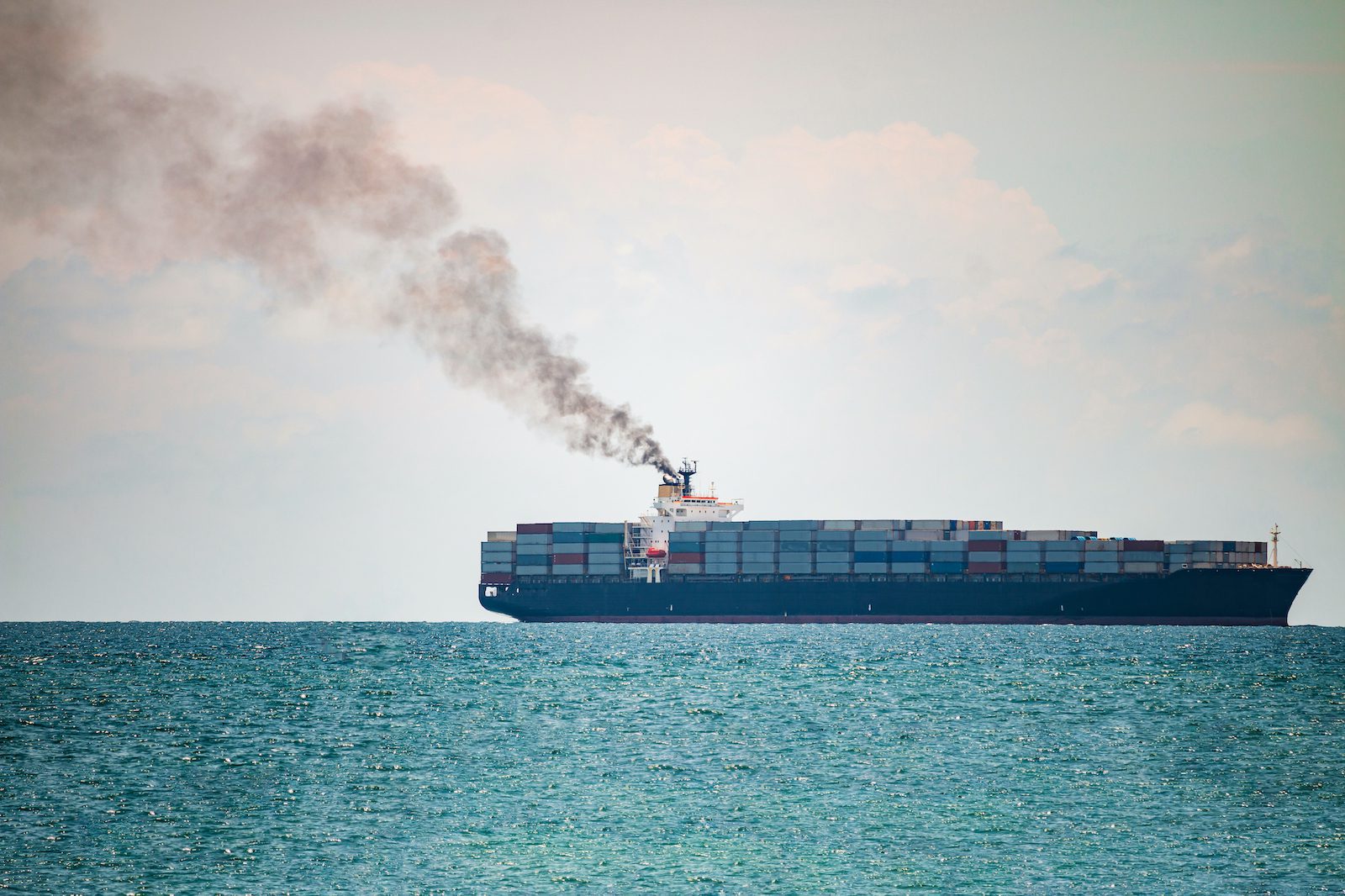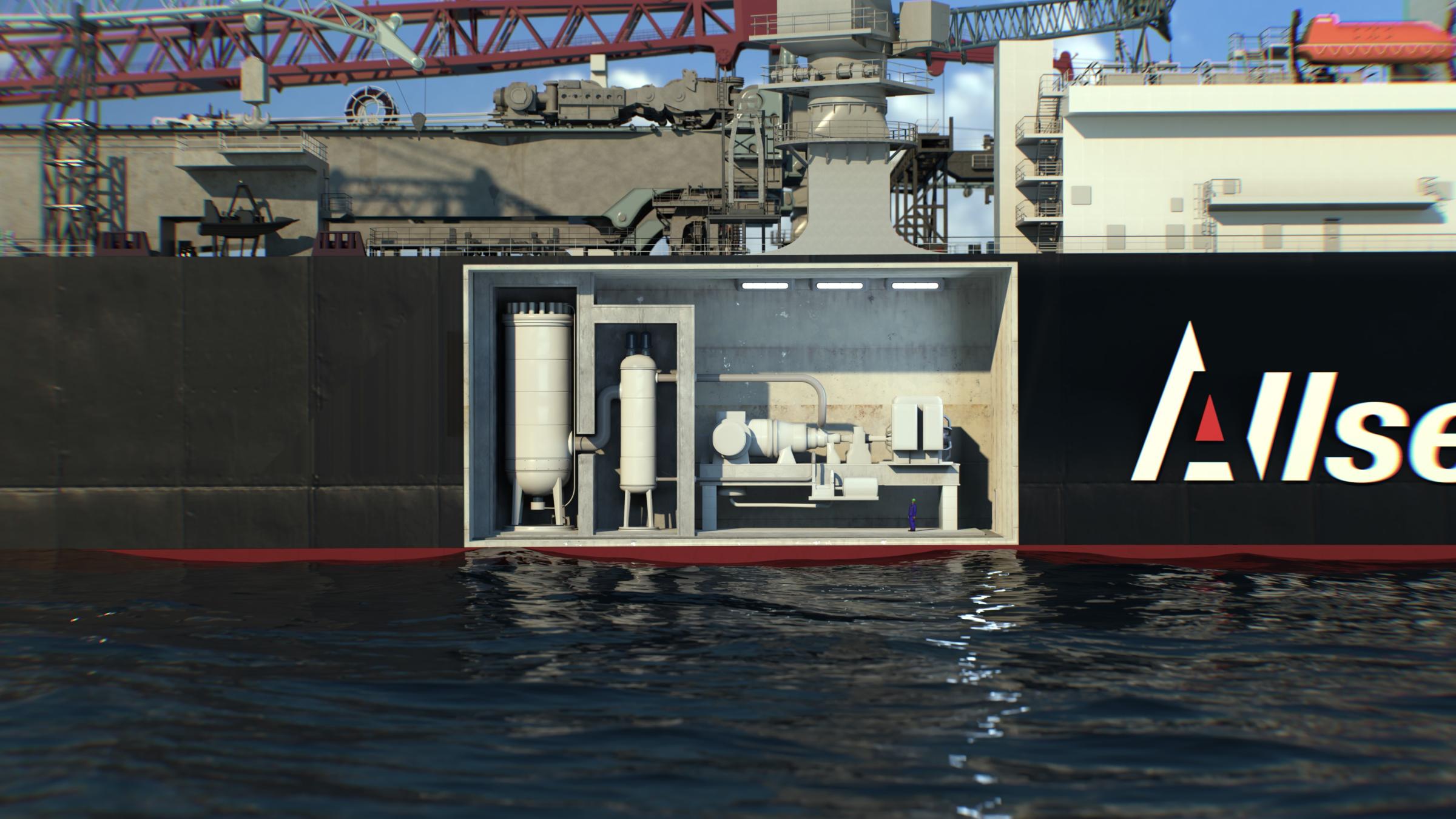Despite an overall decline in the newbuild vessel market, orders for alternative-fuelled ships have surged dramatically in 2025, indicating a significant shift in the maritime industry’s approach to decarbonization.
According to data released today by DNV’s Alternative Fuels Insight (AFI) platform, new orders for alternative-fuelled vessels reached 19.8 million gross tonnes (GT) in the first half of 2025, representing a 78% increase compared to the same period in 2024. While the total number of vessels ordered (151) was slightly lower than the 179 ordered in the first half of 2024, the substantial increase in gross tonnage reveals a focus on larger vessels adopting cleaner fuel technologies.
The container segment is leading the alternative-fueled transition, with significant activity also observed in the bulker, tanker, and RoPax segments. DNV notes this pattern suggests that some of the industry’s most commercially exposed and operationally complex vessel categories are now at the forefront of the alternative fuels movement.
“We’re seeing a broader shift take hold across the industry,” said Knut Ørbeck-Nilssen, CEO Maritime at DNV. “The energy transition is no longer driven solely by first movers, it’s now being shaped by a second wave of shipowners who are integrating alternative fuels and technologies into their core strategies.”
LNG continues to dominate fuel choices with 87 new vessels ordered in 2025 so far, totaling 14.2 million GT. The container segment accounts for 13.6 million GT of this figure, spread across 81 vessels. Methanol has also gained significant traction with orders for 40 vessels (4.6 million GT) across multiple segments including container, RoPax, tanker, offshore, and car carrier.
More experimental fuels like ammonia and hydrogen are showing early signs of adoption, with three ammonia-fuelled vessels ordered primarily for tanker and general cargo operations, and four hydrogen-powered vessels now on order.
The infrastructure to support these alternative fuel vessels is developing in parallel. The first half of 2025 saw orders for 13 new LNG bunkering vessels, adding to the 62 already in operation globally. February was particularly active with eight LNG bunkering vessel orders placed.
Jason Stefanatos, Global Decarbonization Director at DNV, explained that the industry is “actively recalibrating” rather than slowing its decarbonization ambitions. “We’re not seeing a slowdown in ambition, but rather a more measured approach to investment—one that balances optionality, compliance readiness, and long-term fuel strategy,” he noted.
The upcoming fuel intensity rules within the IMO’s Net-Zero Framework are expected to further accelerate this trend as shipowners develop their compliance strategies.

 Join The Club
Join The Club











